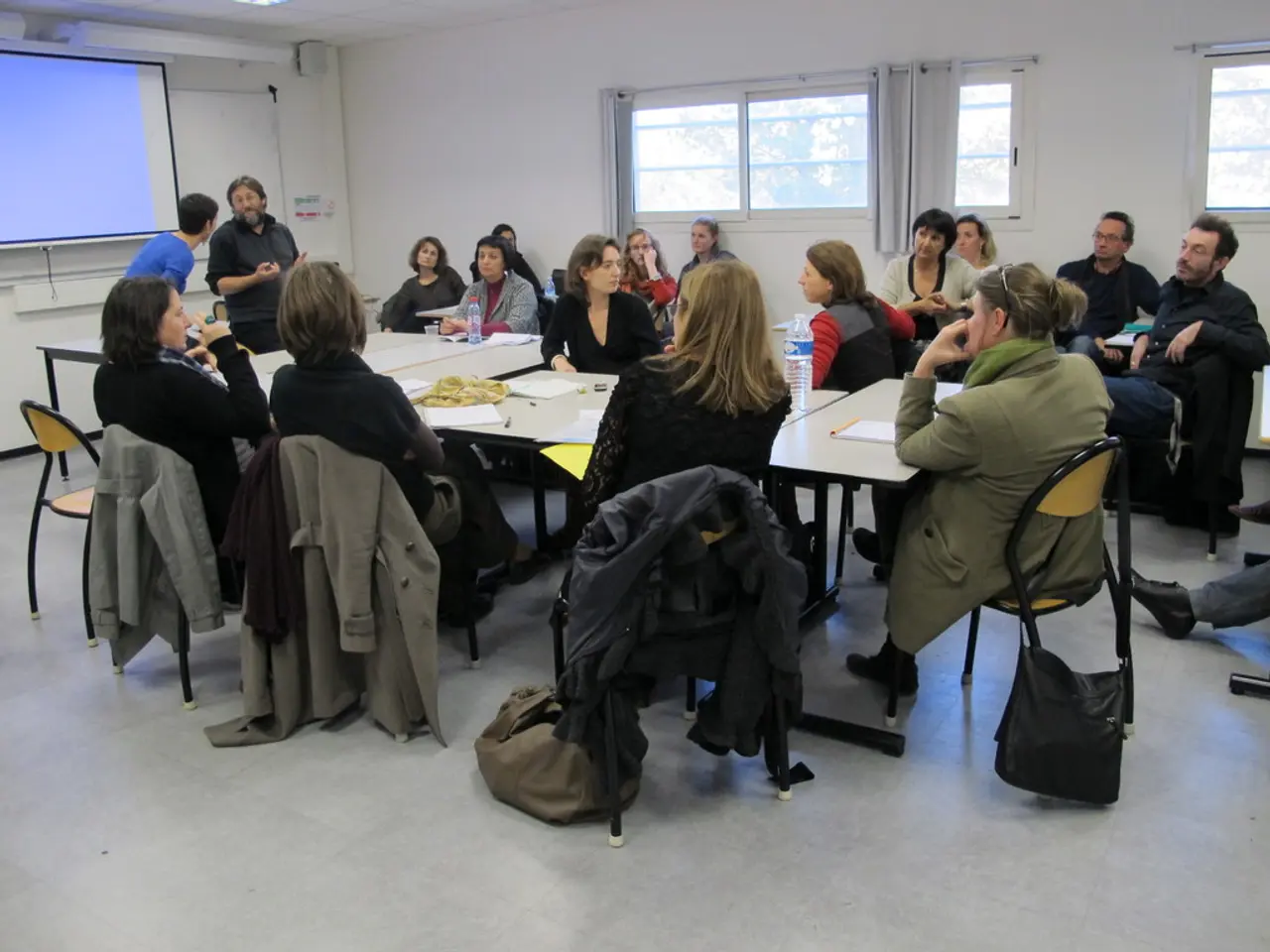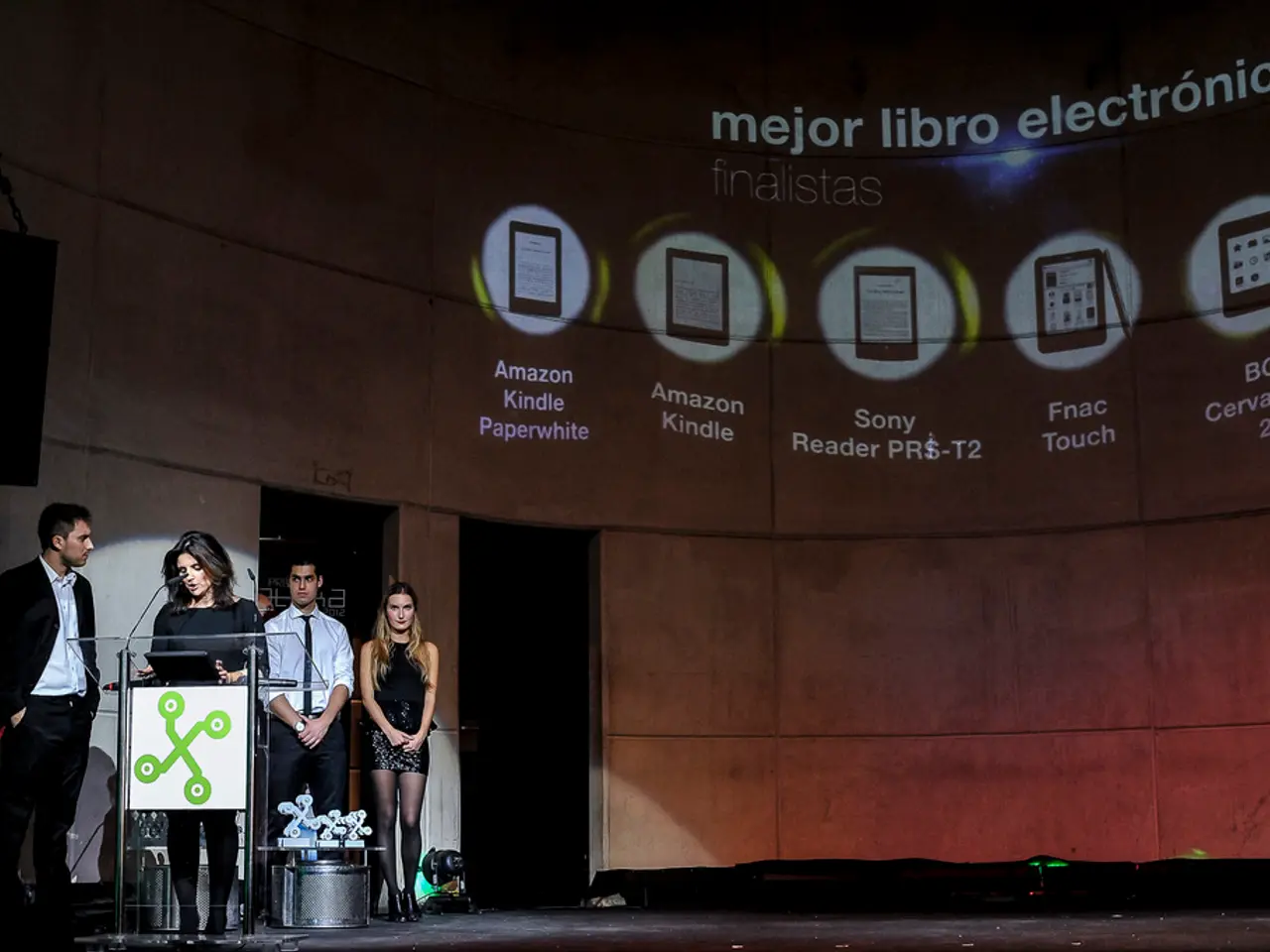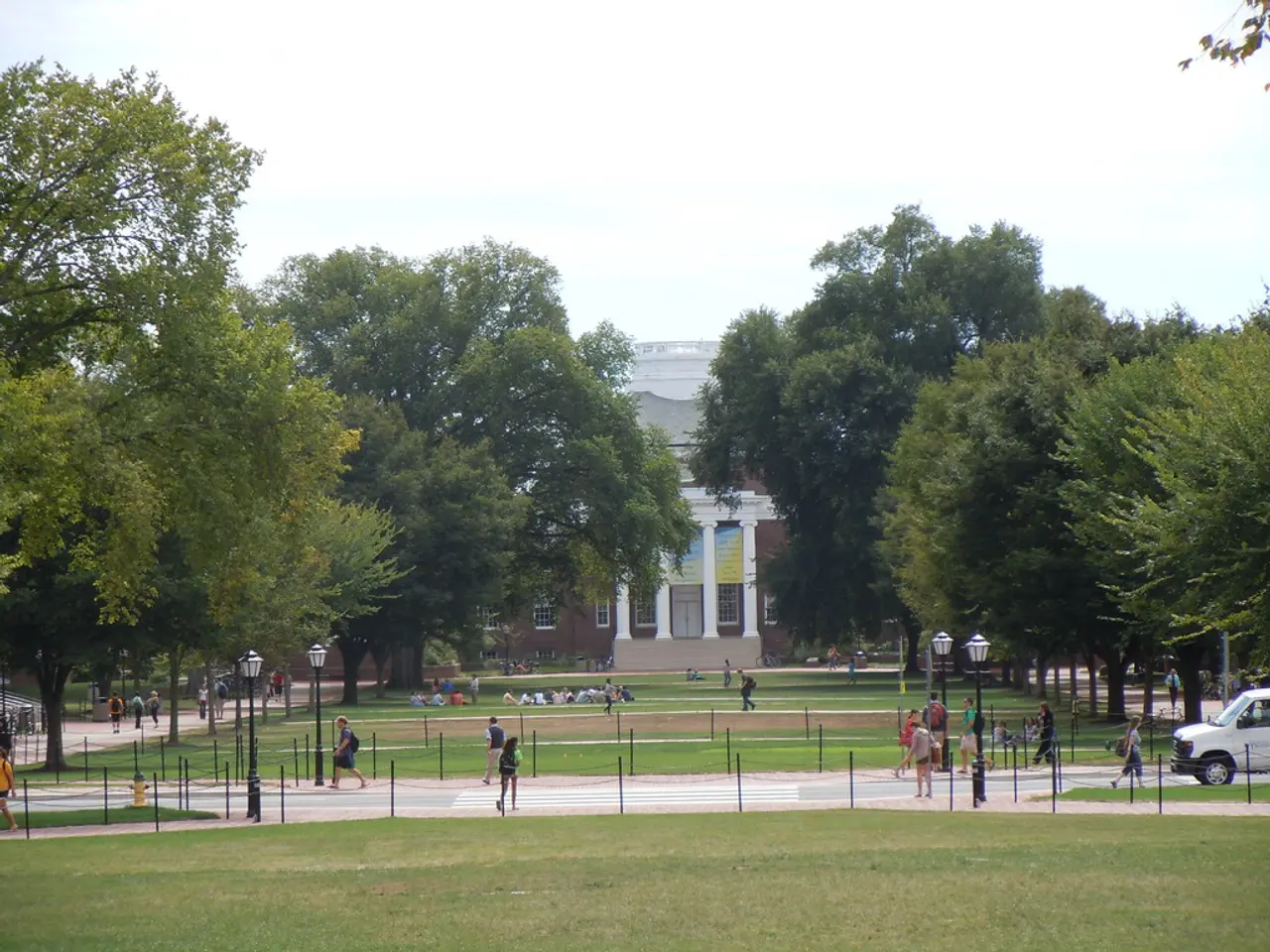IBR Student Loan Forbearance Halted during System Overhaul, but Cancellation Isn't Imminent
The U.S. Department of Education has announced a temporary pause in processing student loan forgiveness for borrowers enrolled in the Income-Based Repayment (IBR) plan. The pause is due to ongoing system updates intended to improve the tracking of qualifying payments under various income-driven repayment (IDR) plans.
The recent legal challenges affecting SAVE, PAYE, and ICR IDR plans have not impacted the IBR plan. However, the Department of Education has paused IBR forgiveness to update its systems and accurately count eligible payment months unaffected by these court injunctions.
The Department aims to resume IBR forgiveness once these updates are completed and compliance with court rulings is ensured. Borrowers who have met the required number of payments will still be eligible for forgiveness once the Department resumes operations.
Implications for Borrowers
For affected borrowers, this means:
- Loan forgiveness under IBR is temporarily unavailable but will restart when system updates are done.
- Borrowers are encouraged to monitor announcements and possibly switch repayment plans if they want to remain on qualifying paths for forgiveness or for forbearance options.
- Any payments made after the borrower became eligible for forgiveness during this pause will be refunded eventually, so borrowers are not penalized by the delay.
- Borrowers in blocked plans like SAVE should consider switching to alternative IDR plans until the legal situation resolves or new repayment options become available.
Key Points
- The IBR plan adjusts monthly payments based on income and family size.
- Advocates are calling on the Department of Education to accelerate system improvements and enhance transparency regarding timelines and borrower expectations.
- Borrowers approaching the 20- or 25-year forgiveness mark should not switch to alternative plans during the pause, as doing so may reset their progress.
- Borrowers are encouraged to monitor updates from the Department of Education and loan servicers for announcements regarding the resumption of forgiveness processing.
- The pause affects over 2 million borrowers.
- IBR is codified in federal law and cannot be overturned by executive action or litigation alone.
- Officials recommend that borrowers remain enrolled in IBR and continue tracking their payment histories closely.
- The pause in processing student loan forgiveness adds to growing borrower uncertainty amid a volatile policy environment for student debt relief.
Call for Modern Infrastructure
Maya Lewis, a senior policy analyst at the National Student Debt Coalition, stated that the pause underscores the urgent need for a modern, borrower-friendly loan servicing infrastructure. The Department of Education has been urged to expedite system improvements and provide clear communication to borrowers about the timeline for resuming loan forgiveness processing.
Eligibility for Forgiveness
Borrowers with eligible federal student loans may receive forgiveness after 20 years of qualifying payments if they borrowed on or after July 1, 2014, and after 25 years for borrowers with loans disbursed before that date. Once the system updates are complete, any overpayments made during the pause will be retroactively refunded.
In summary, the implications for borrowers enrolled in IBR are a temporary delay in receiving loan forgiveness benefits while their payment records are re-verified and system changes are completed amid broader litigation affecting IDR plans. Borrowers retain protections such as refund of overpayments but must stay informed and may need to adjust repayment plans if their current ones are impacted by court actions.
- The temporary pause in IBR loan forgiveness is due to system updates meant to enhance the accuracy of eligible payment tracking.
- The Department of Education urges borrowers to monitor announcements and potentially switch repayment plans if they desire to remain on qualifying paths for forgiveness or forbearance.
- Borrowers who have made payments during the pause and become eligible for forgiveness will have those overpayments refunded once the system updates are completed.
- Advocates are urging the Department of Education to expedite system improvements and provide clear communication to borrowers regarding the timeline for resuming forgiveness processing.




